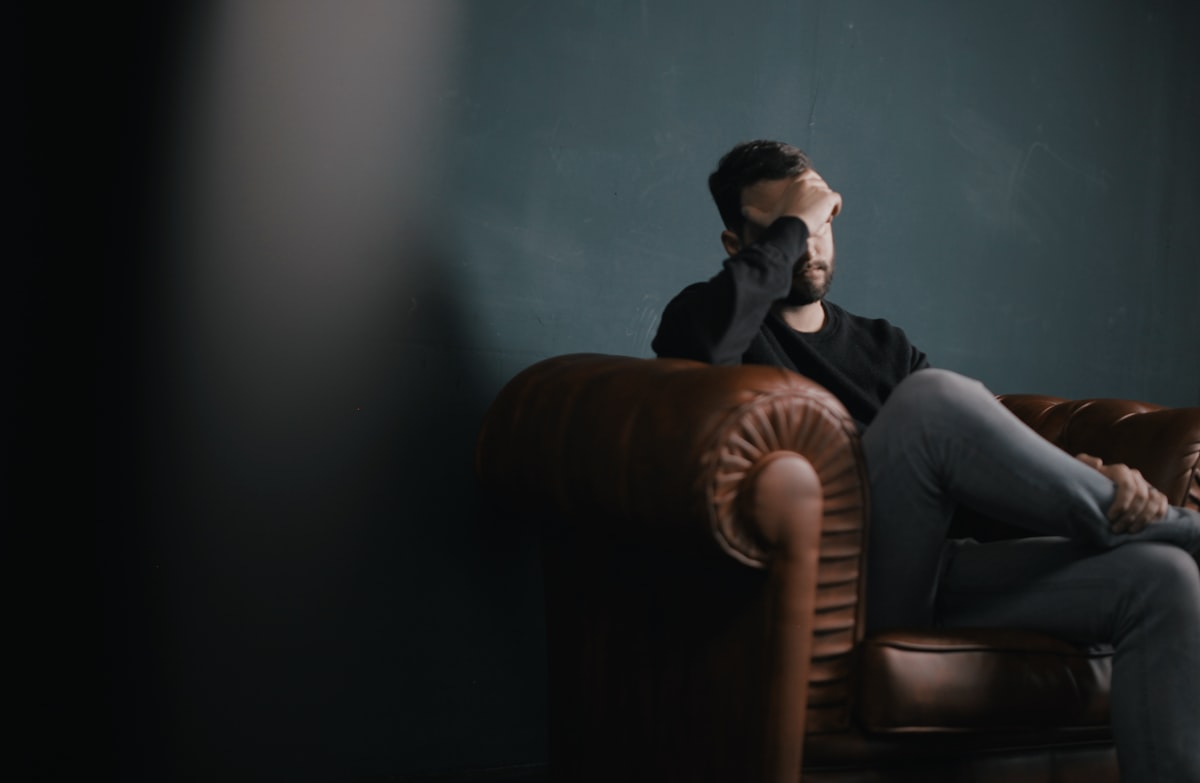Migraines, the silent enemy
Experts call to avoid self-medication against migraines because it could be counterproductive.

The momentary and erroneous ally of a migraine is its remedy. Anti-inflammatory drugs such as Acetylsalicylic Acid, Ibuprofen, Diclofenac, Ketorolac, Indomethacin, Naproxen, and Paracetamol, constitute 68% of the drugs that are acquired without prescription and that are wrongly used to try to control migraine.
"In Mexico, most of them are not abused by specific migraine painkillers, but by non-specific painkillers,'' said Karina Jiménez, founder of the Mexican Association of Headaches and Migraine. As a result, most patients self-diagnose or self-treat. Migraine, a headache that causes intense, throbbing pain, is the second most disabling cause of headaches in Mexicans. It is compared to a quadriplegic or dementia patient.
Why is it compared to a quadriplegic patient?
Because the patient is unable to perform his or her activities or they are significantly reduced. In general, the first episode of migraine is registered in adults between 25 and 45 years of age and its periodic manifestation can last up to 65 years of age. "Specialists warned that the frequency of these episodes increased by 60% due to the pandemic. Patients began to increase their migraine frequency because they felt alone, could not go to the doctor, were afraid to go to the doctor's office or the hospital, and began to self-medicate,'' said Karina Jiménez.
In Mexico, 17 million people suffer from migraine, a disease that increases with depression, another mental illness that worsened with the pandemic. For his part, Hiram Ortega Ortiz, a specialist at the National Institute of Psychiatry, said that "in the last few months, especially in the second part of the pandemic, it has increased, in the first part it had not increased so much". Before the pandemic, 9% of the population had had at least one depressive episode in their lives.
"Likely, one out of every four or five people in the next ten years will suffer a depressive episode or more, and this has to do with many factors, both hereditary and social,'' said Karina Jiménez, founder of the Mexican Association of Headaches and Migraine. During the seminar "Challenges in mental and neurological health" the specialists highlighted the need for medical attention.




